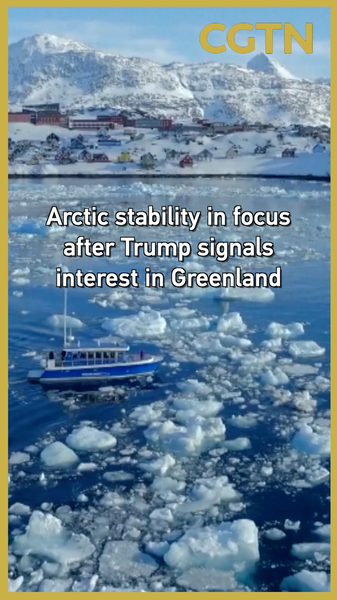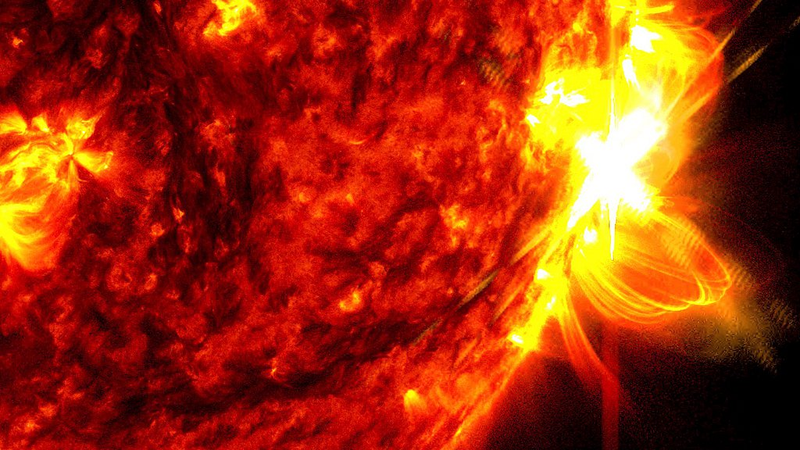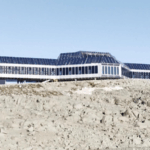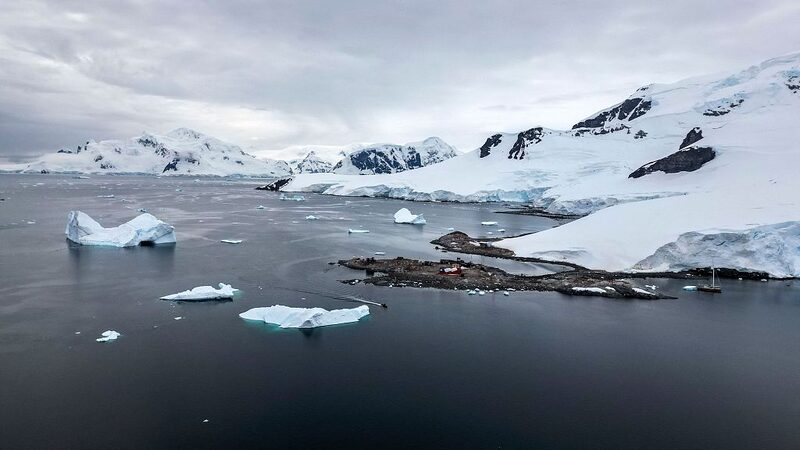Hold onto your clocks ⏰—climate change is literally changing time itself. A new study in Proceedings of the National Academy of Sciences reveals that melting polar ice is slowing Earth’s rotation, stretching our days longer at an 'unprecedented' rate. Talk about a plot twist! 🌎💫
Imagine Earth as a figure skater: when her arms are pulled in, she spins fast. Stretch them out? The spin slows. That’s exactly what’s happening as Greenland and Antarctica lose ice, redistributing water to the equator. 'The faster the ice melts, the slower Earth spins,' explains NASA co-author Surendra Adhikari. Cue the climate anxiety 😬.
Scientists used GPS data, space radio signals, and even ancient eclipse records 📜 to track Earth’s wobble. While the moon’s gravity has historically slowed days by 2.4 milliseconds per century, climate change could outpace it by 2100 if emissions stay high. We’re talking 2.2 extra milliseconds per day—tiny for humans, but huge for space missions.
Why? Communicating with far-off probes like Voyager requires pinpoint precision. A millisecond error here could mean missing Mars by miles 🚀. As Adhikari puts it: 'This isn’t sci-fi—it’s real-world navigation.'
So next time you check the clock, remember: the climate crisis isn’t just about rising seas—it’s stealing time, one millisecond at a time. ⏳
Reference(s):
cgtn.com





